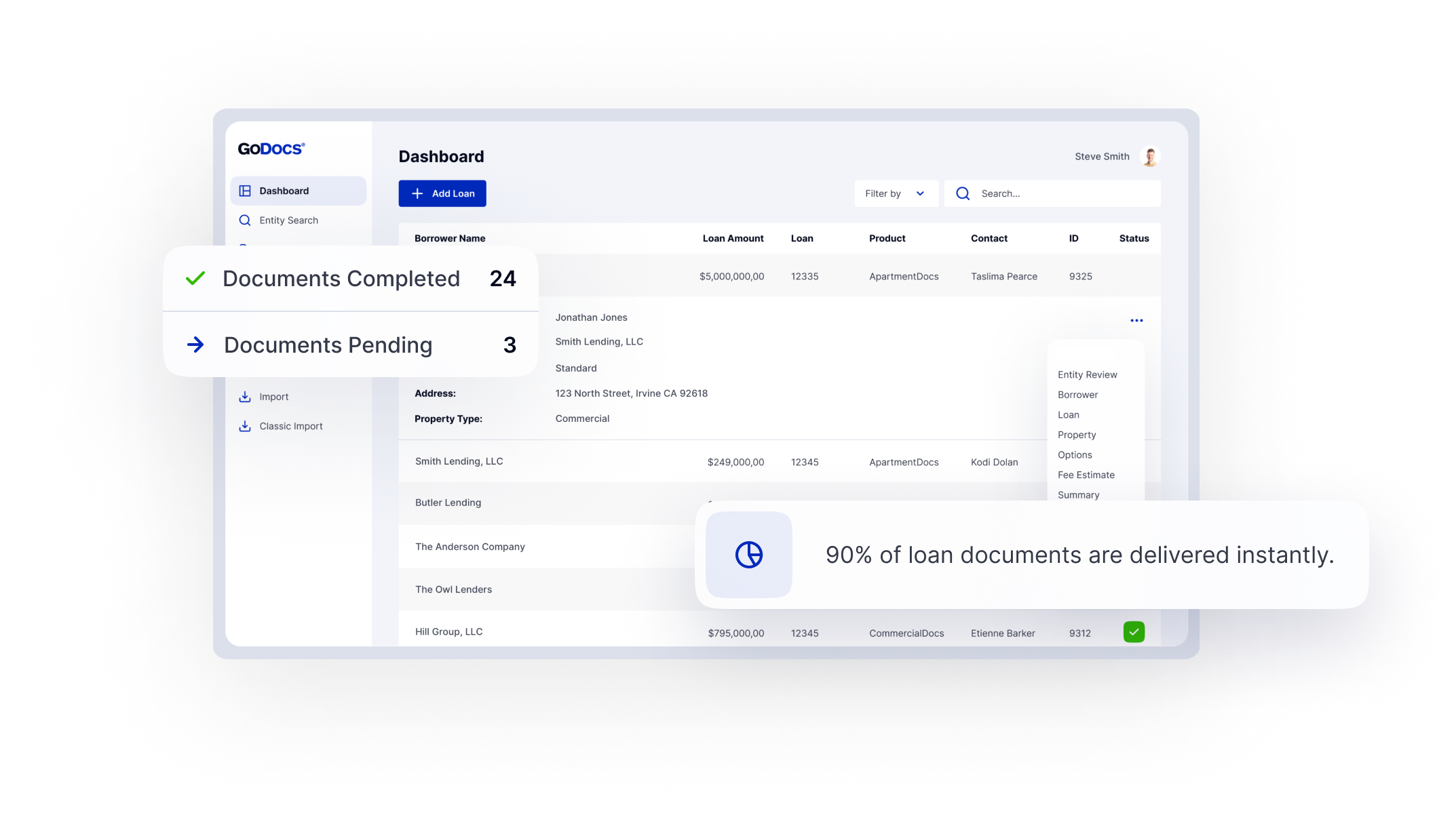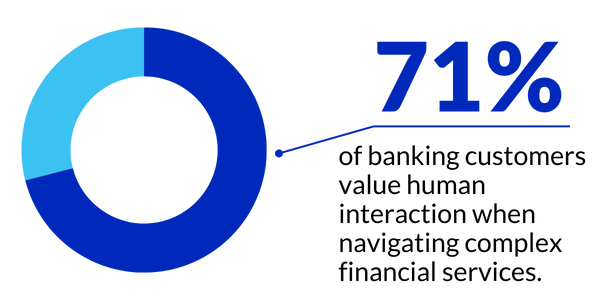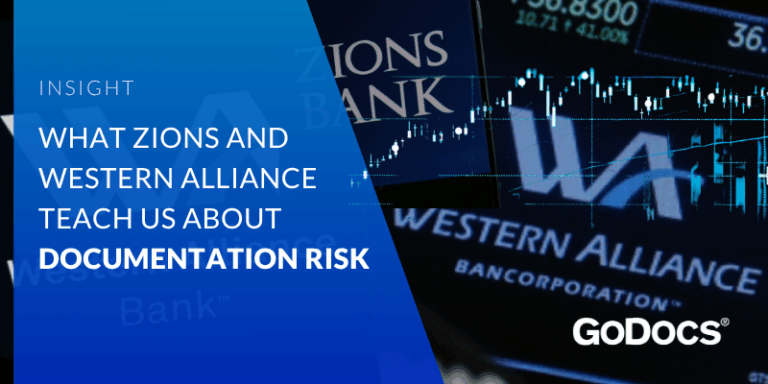What Companies Need to Know
In today’s fast-changing regulatory environment, companies involved in commercial mortgage lending and real estate transactions must remain agile and well-informed. Updates, such as witness signature requirements in Florida, are reshaping the way lenders, title companies, and other stakeholders approach their processes. Here’s what you need to know:
Florida’s Witness Signature Requirements
Understanding the Law:
Florida law mandates that any recordable document transferring an interest in real property—such as mortgages, assignments of leases and rents, or assignments of mortgages—must include the witness’s name and post office address if and when a witness signature line is present on the instrument. These details must be printed, typewritten, or stamped directly below the witness’s signature.
Practical Considerations:
While this requirement applies to instruments executed in Florida, discrepancies can occur when the execution location differs from the order’s data entry (for instance, if a Florida document is signed in another state). Companies must be vigilant in ensuring compliance to avoid document rejections by local clerks.
Construction Loan Compliance Updates
Understanding the Law:
Construction loans, unlike traditional mortgages, involve incremental disbursements of funds to borrowers as they meet specific conditions outlined in the loan agreement. These loans are typically tied to project milestones, and lenders must ensure the construction is progressing as agreed before releasing additional funds. Compliance with the following conditions is essential to protect both lenders and borrowers:
- Verification of Progress: Lenders are required to confirm that work on the property has been completed as specified in the loan agreement before any new funds are disbursed. This may involve inspections and assessments to ensure the borrower’s progress aligns with the terms.
- Compliance with Legal Requirements: Borrowers must comply with all government regulations, including building permits and zoning laws. If these conditions are not met, the lender may have grounds to withhold further disbursements.
- Absence of Liens or Defaults: Lenders must also confirm that there are no intervening liens (e.g., unpaid contractor bills) and that the borrower is not in default of any terms of the loan. This ensures that the lender’s investment remains protected throughout the duration of the loan.
Practical Considerations:
Construction loan compliance can be challenging for lenders, as it requires accurate and timely verification of a project’s status. Failure to properly assess construction progress or missed compliance checks can result in costly legal or financial consequences for lenders. These loans often involve multiple disbursements over a long period, making it essential for companies to have robust systems in place to monitor and validate construction milestones, government approvals, and payment status.
Preparing for Compliance
Regulatory updates like Florida’s new witness signature requirements and the evolving landscape of construction loan compliance are prime examples of how legal changes can significantly impact lending practices. Staying ahead of these regulatory changes is essential. Companies must invest in reliable systems that not only flag potential compliance issues but also streamline processes to ensure smooth operations.
For construction loans, ensuring that all verification steps, inspections, and compliance conditions are met before each disbursement is critical. Proactive preparation and attention to detail will help mitigate risk and avoid costly delays or disputes down the road.
As regulatory environments continue to shift, it’s more important than ever for companies to stay informed and implement strategies that will ensure compliance across all aspects of their mortgage and lending processes.
From MERS loan exclusions to Florida’s witness signature requirements and Texas’s move to electronic UCC filing, our team is committed to ensuring your processes remain compliant and efficient. Here’s how we’re helping you tackle these changes head-on.
Experience the Future of Commercial Loan Document Automation
Discover GoDocs, the leading SaaS solution powered by the sharpest legal minds in CRE! Schedule a demo today to elevate your lending process and to gain your competitive advantage.






